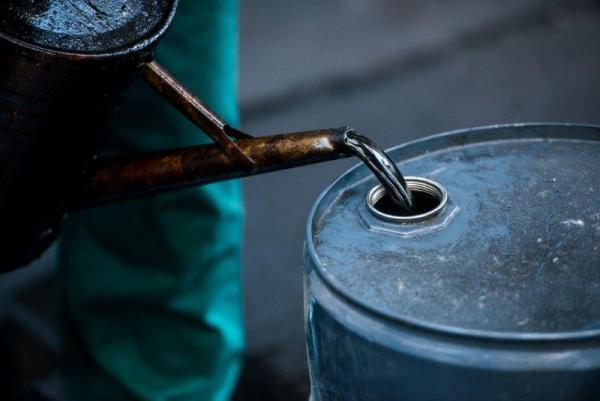The importance of responsible spent oil disposal
For various industries, lubricants play a pivotal role in daily operations, however until recently, not many considered the harmful impacts the sent oil played on the environment, especially in the cases of improper disposal of spent oil.
As a major lubricant producer, Shell lubricants understands the impact that the improper disposal of lubricating oils may pose to the environment, and in saying, have partnered with the ROSE Foundation to ensure that its products are correctly recycled or re-refined.
A national non-profit organization, the ROSE Foundation (Recycling Oil Saves the Environment), is made up of members representing the major lubricating oil producers and distributors in South Africa. Together, they contribute a percentage of every litre of lubricating oil sold towards supporting the responsible collection and recycling of used oil.
The foundation claims that South Africa generates an average of 120-million to 140-million litres of waste lubricant oil per year; representing around 50% of the new lubricating oil sold in South Africa.
Why the concern?
Used lubricating oil is a hostile substance, comprising of an infusion of degraded hydrocarbons such as benzene, xylene and toluene; heavy metals and spent chemical additives, and according to the ROSE Foundation, used oil contains wear metals such as iron, tin and copper as well as lead as a resultant from the leaded petrol used by some motorists Further, it mostly contains many environmentally harmful components such as polycyclic aromatic hydrocarbons (PAHs), some of which are carcinogenic.
These components damage the environment in a number of different ways, as it tends to accumulate in soil and water as toxic gases and harmful metallic dust particles. Once the oil enters a water way, it biodegrades slowly as it hampers oxygen access to the microorganisms that would otherwise assists in breaking it down. The best method of dealing with it, according to the foundation, is to recycle it.
Recycling versus re-refining
Generally, recycling oil is the process of taking used engine oil, and adapting it for a different purpose, most commonly as burning it as a fuel source. To a greater degree, it is recycled by making use of commercial filtration systems in order to remove insoluble impurities; however, this does not remove the soluble contaminants.
Unfortunately, this provides an oil which has limited uses, and in many cases, it is mixed with additives in order to prolong its usage, and is not recommended for use in vehicles.
The process of re-refining involves the removal of all impurities both soluble and insoluble; yielding an oil quality suitable for vehicle use. Some sources claim that re-refined oil has equal or greater qualities that many virgin base oils, and additionally, the re-refining process is less severe and make use of less energy than the refining of crude, with motor oils providing the ability to be re-refined many times.
Although it is always recommended to make use of new lubricating oils in engines in order to prolong the lifespan of the engine’s internals, there are a number of uses for recycled and re-refined oil.
Shell’s viewpoint
“Shell lubricants is proud to be associated with the initiatives done by the ROSE Foundation, and as a founding member of the organisation, our vision is to be even more involved in the recycling processes, and to become an even stronger sustainably champion in South Africa,” comments Peter Yang, Head of Lubricant Supply Chain Shell South Africa, and current ROSE Foundation board director.
“We as Shell Lubricants ensures that our clients remain educated on the safe and proper manner in which to dispose of used lubricant oils, and by partnering our clients in the right direction means highlighting our partnership with ROSE Foundation.”
“The next time you do an oil change on your vehicle, motorcycle, boat, or truck, remember to store the use oil responsibly and dispose of it at one of the ROSE Foundation accredited centres. This would be one of your valuable contributions to save not only energy and the conservation of resources, but to protect the environment for future generations,” he concludes.









